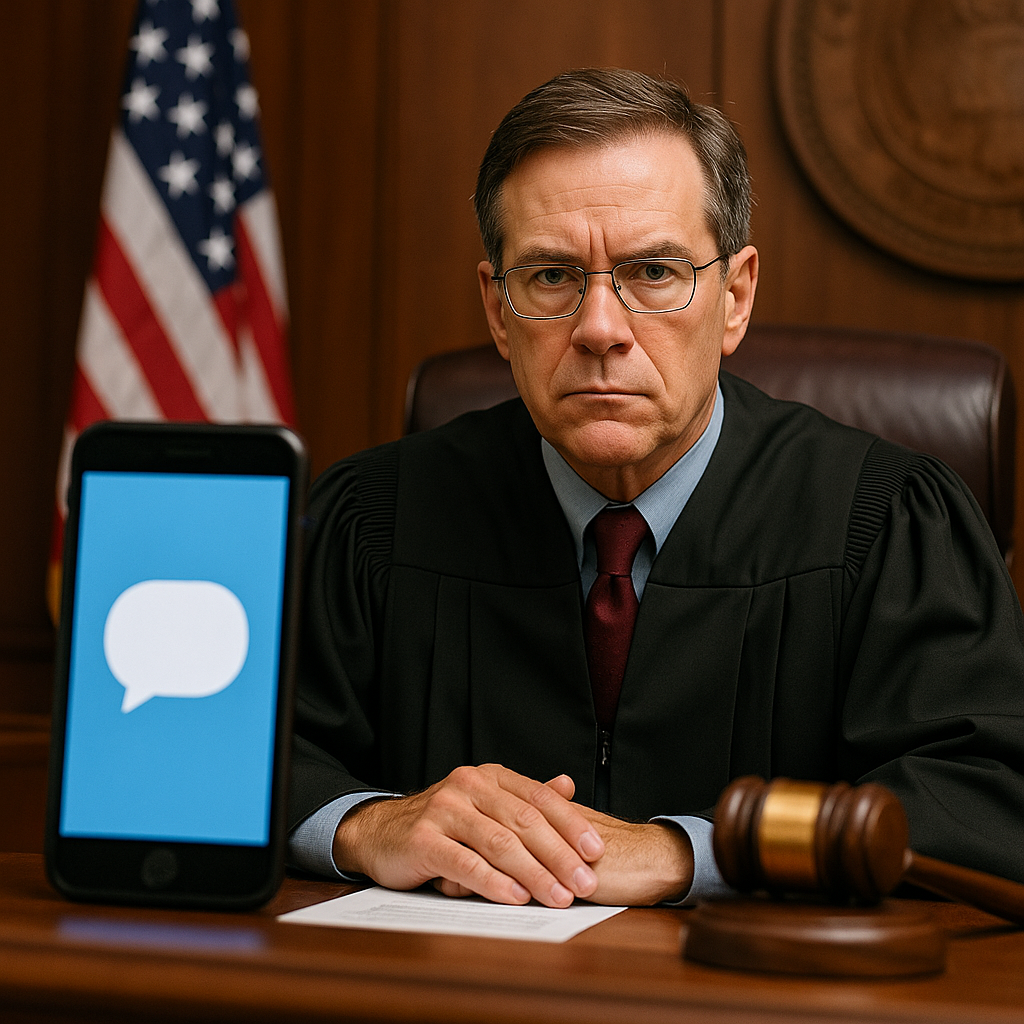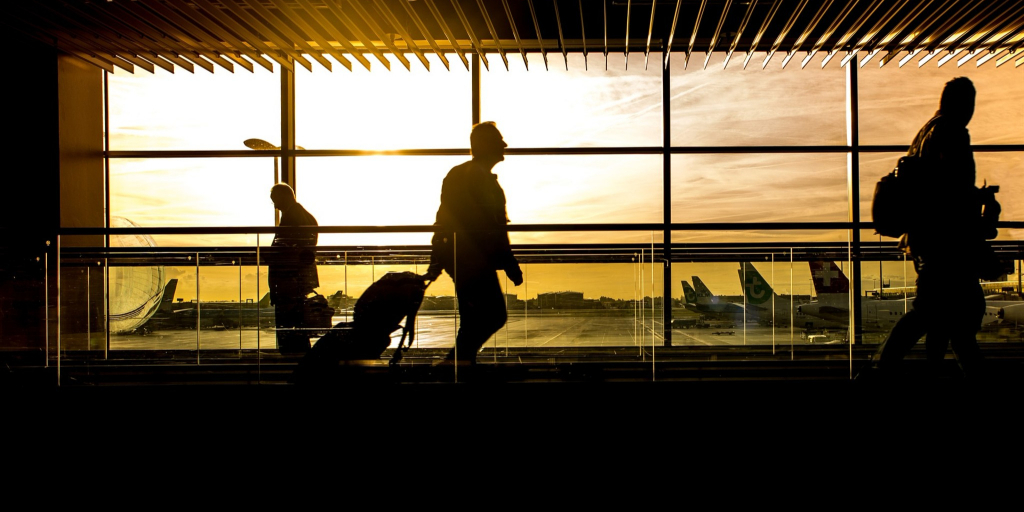Florida Judge Blocks State Ban on Social Media for Kids Under 14
A Florida judge has just delivered a major blow to a controversial law aimed at banning children under 14 from using social media. The ruling blocks enforcement of the law, which was set to go into effect this month, arguing it likely violates the First Amendment rights of both children and social media platforms. In doing so, the court has ignited a nationwide debate over free speech, parental rights, and government overreach in the digital age.
Can a state stop kids from having access to online speech just because it thinks it’s harmful? That’s the question at the heart of this case. The Florida law, signed earlier this year, would have required social media companies to verify users’ ages, ban those under 14, and require parental consent for teens between 14 and 16. Lawmakers said it was meant to protect children from harmful content and addictive algorithms. But critics say it was rushed, poorly written, and unconstitutional.
The judge sided with the challengers — including tech industry groups and civil liberties organizations — who argued that the law was overly broad and infringed on free expression. The court made it clear: simply disliking what’s on the internet is not a legal reason to ban access to it.
Why does this ruling matter beyond Florida? Other states are considering similar legislation. This decision sends a clear message: blanket bans may not survive legal scrutiny. Courts have long held that children have some First Amendment protections, and that restrictions must be narrowly tailored. This law, the judge said, failed that test.
Supporters of the law insist they’re trying to protect mental health, citing rising anxiety, depression, and cyberbullying among youth. But the court wasn’t convinced that banning all social media access under a certain age — regardless of the content or context — was a reasonable or effective solution. And that opens the door to new lawsuits in other states.
What responsibility do platforms have? Social media companies have tools for parental control and content moderation, but those are optional. Florida’s law would have forced companies to block accounts entirely, which the judge argued is more about censorship than safety. At what point does regulation become restriction? And who gets to decide?
Parents are left wondering: if the government can’t step in, are they on their own? The ruling highlights a growing legal tension. Some believe parents should have full authority to manage their kids’ digital lives — not lawmakers. Others argue that without regulation, tech companies will continue to exploit vulnerable users. But this case makes one thing clear: any law that limits access to speech — even with good intentions — must meet strict legal standards.
The judge’s order is temporary, but powerful. It halts enforcement while the case moves forward, and it suggests the full law may ultimately be struck down. That means states looking to regulate online behavior will need to get more creative — and more constitutional — in their approach.
For now, the fight over digital childhood is just beginning. This ruling may not be the final word, but it forces lawmakers to confront a reality they may have tried to bypass: rights don’t disappear just because the user is young.



